Fipuya Farm
Fipuya Farm, run and managed by Zambians, boasts fruit trees, crops and livestock. From banana and orange trees and cabbages, to rabbits and fish, our training farm sports a wide variety of farming ideas and options.
About the Farm
The farm was established on sandy soil that the locals believed unusable. The team at Living Hope, along with local residents, have grown a range of produce including tomatoes, cabbages, potatoes, beans, corn, chilli, watermelons and more.
Chicken rearing, bees and fish ponds are recent extensions on the farm.
The produce grown is sold at local markets and taken into the local villages and distributed out to those in need.
Produce we have grown on-farm
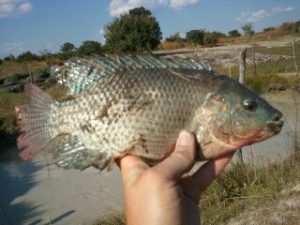
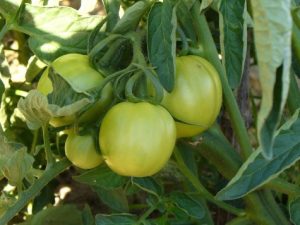
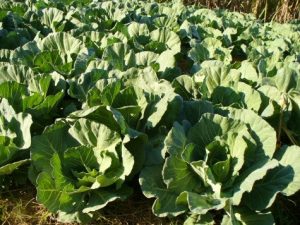
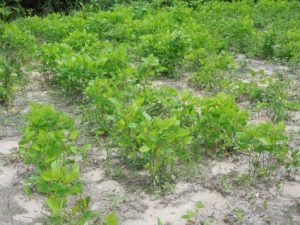
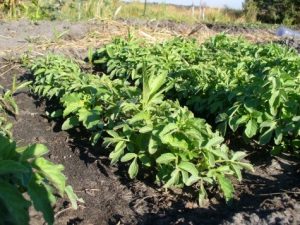
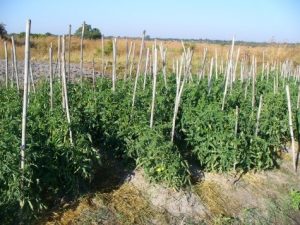
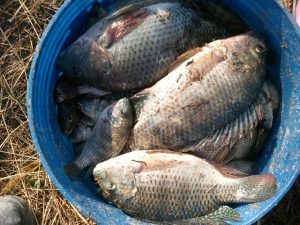

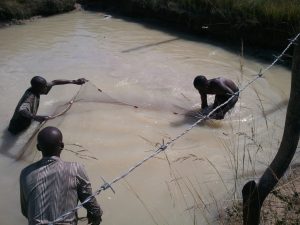
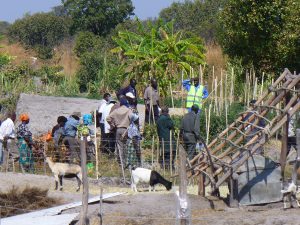
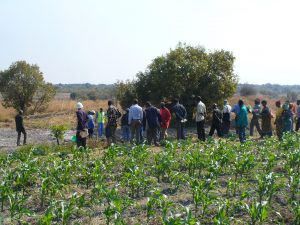
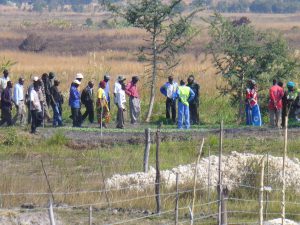
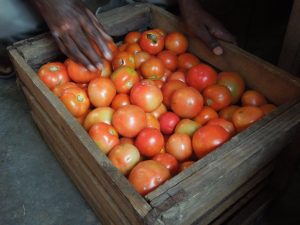
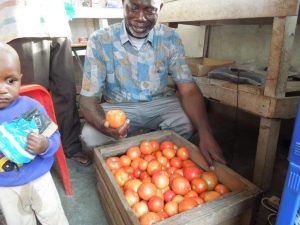

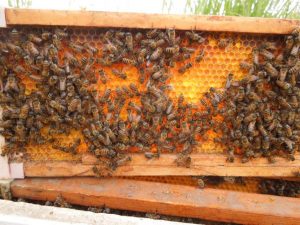

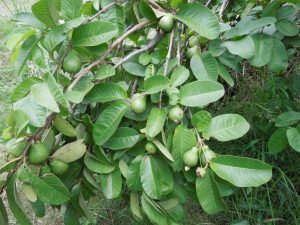
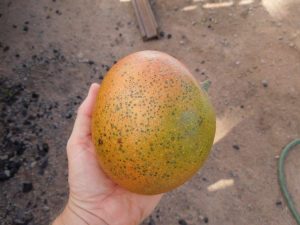
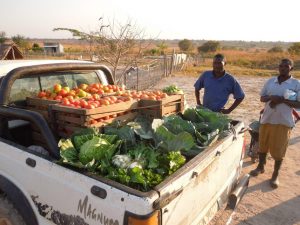
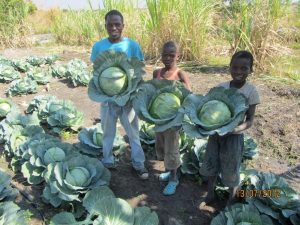
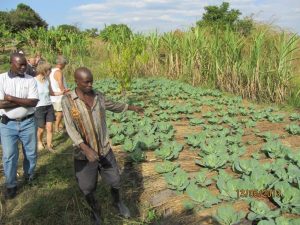
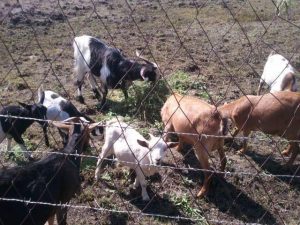
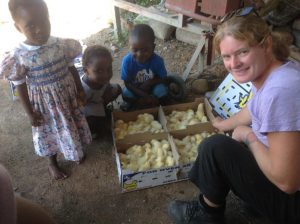
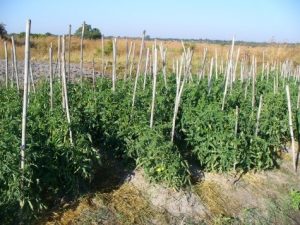
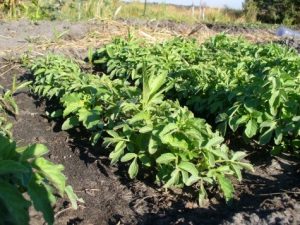
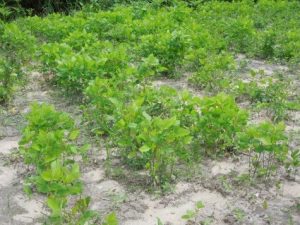
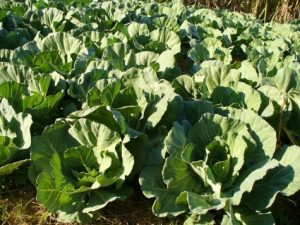
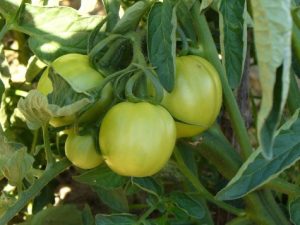
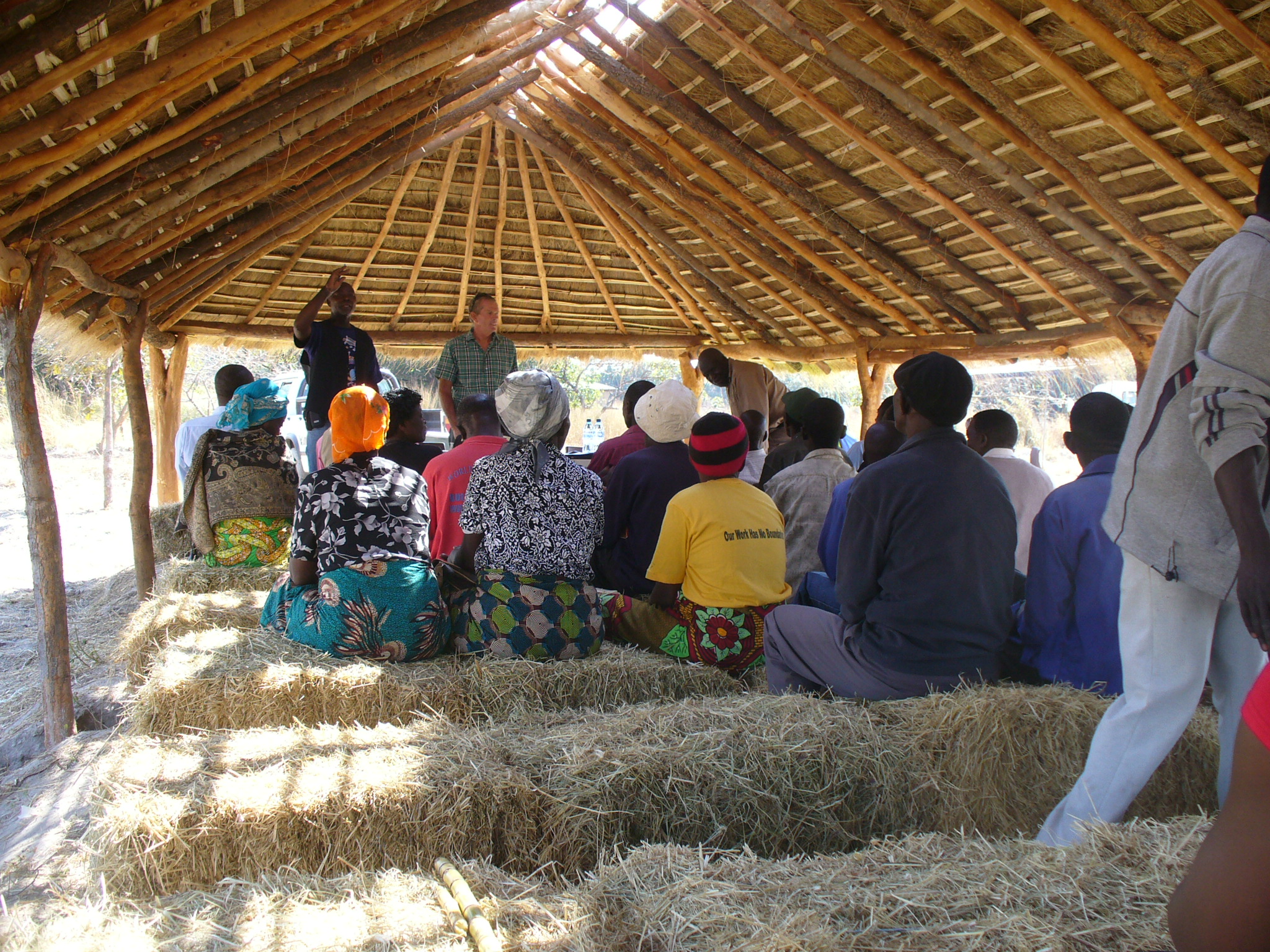
Farm Training
For many, many Zambians hunger is a constant battle. Living hand-to-mouth is not an intentional lifestyle, it is survival.
With the addition of 3 trainee huts (coming soon), we have the capacity to host trainee farmers for up to 3 months of intensive, on site, training. Annual field days also provide us with wonderful opportunities to provide small-scale farmers with additional ideas, training and information.
Chicken Rearing
Keeping or raising chickens is a great source of income for many people in Zambia. Though there is some start-up cost involved, as one of the preferred foods there will always be a strong market for both eggs and chickens, so capital invested is quickly recouped.
Through the Fipuya Farm we intend to keep both layers and broilers as a two-fold ministry; to help support our other projects and to train people how to raise and market eggs/chickens for themselves. Many of those already raising chickens have found that they can utilise their own backyards very easily to carry out this simple, but profitable, business venture.
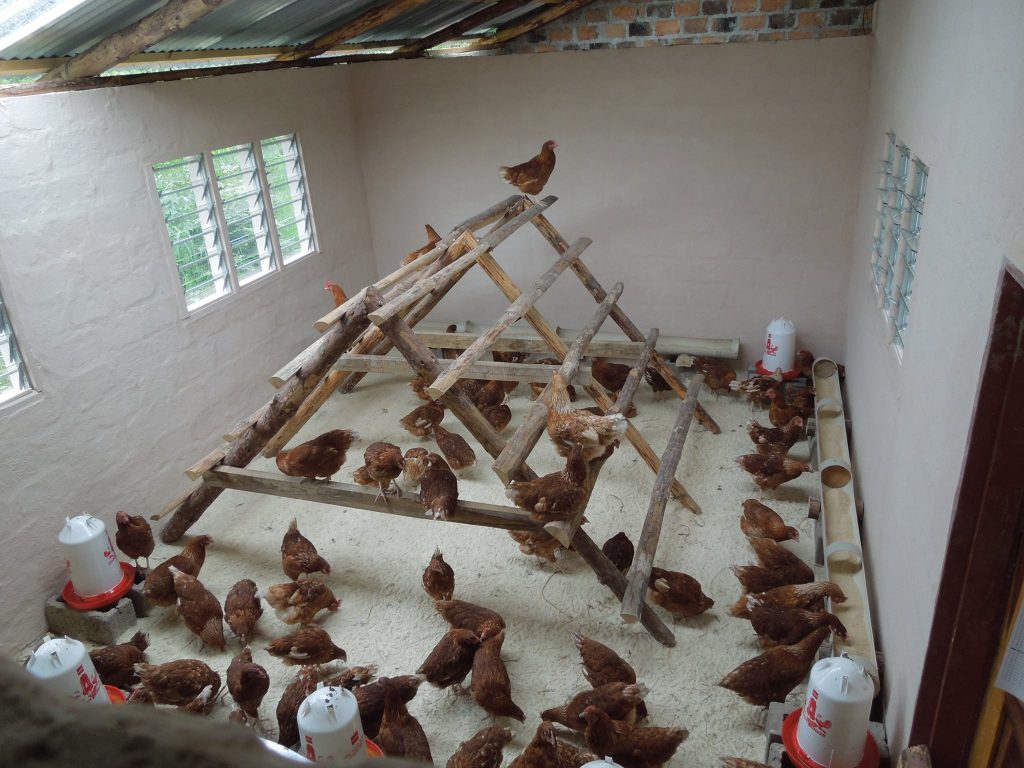
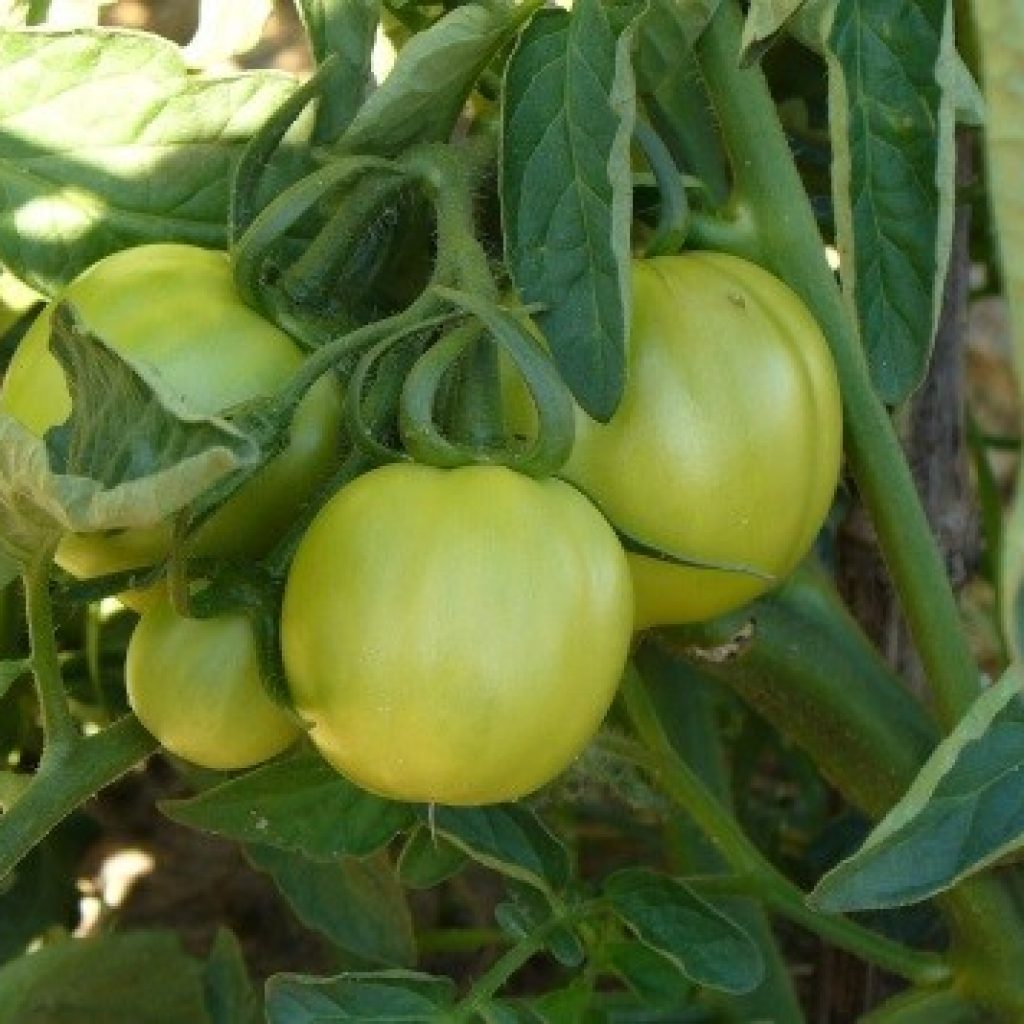
Home Gardening
Home gardening is a simple, and very effective means of, helping people to provide for themselves and their families. A small garden means big savings on vegetables, more food to go round and more money in the pocket for other expenses.
If we can teach people how to set up and maintain their own gardens, providing them with the initial inputs to get them started, then we can help them to break the cycle of poverty and hunger which they are often trapped in.
